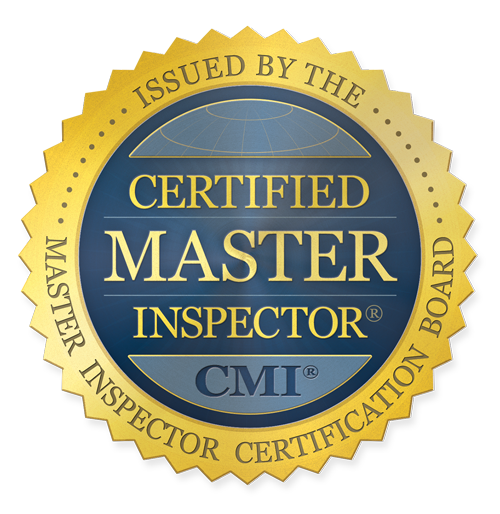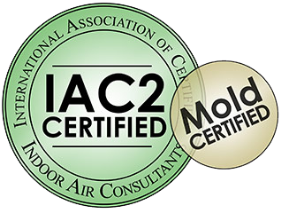Your roof is a critical home system. In addition to protecting your house’s structural materials, occupants, and furnishings, the roof structure protects the attic and exterior wall insulation, supporting whole-home comfort and energy efficiency.
The roof’s ability to provide these multi-faceted layers of protection rests largely on the roofing materials’ quality, installation, and age.
The Pros & Cons of Common Roofing Materials
A damaged roof is one of the biggest issues we look for during both a 4 point home inspection and a whole home inspection. In order to buy a home that best fits your needs, you need to know what roofs are commonly made of and the advantages and disadvantages of the materials.
The more you know about roofing materials, the better you’ll be when it comes to:
- Understanding how materials selection affects a roof’s durability, energy efficiency, and longevity.
- Noticing a roof’s general makeup and condition while house shopping.
- Choosing the best roofing materials when it’s time to replace your roof.
Here is some important information about the most common roofing materials, along with their pros and cons:
Asphalt Shingles
Asphalt shingles are the most popular roof choice, and for good reason. Take a walk down any residential street, and chances are most of the houses have asphalt shingles, which are made from fiberglass or recycled paper mats covered with asphalt.
As with any material, quality matters – and with high-quality asphalt shingles, homeowners benefit from:
- Low cost
- Variety of styles and colors
- High level of waterproofing
- Reduction in solar heat gain (this varies depending on the shingles’ color and reflective values)
- Ease of maintenance
- Reasonable longevity (well-maintained asphalt roofs last 20+ years or more)
The downside of asphalt shingles include:
- Heat absorption if they’re dark and have low-reflective value
- Being lightweight and more susceptible to wind damage
- They aren’t as durable as slate or metal roofing materials
Wooden Shingles
Wooden shingles, typically called “shakes,” are another popular choice. They’re most commonly made of cedar and come at a higher price than asphalt shingles. Cedar shakes have several advantages, such as:
- Providing better insulation
- Resisting UV damage
- Lasting longer
- Resisting wind damage
The downside is:
- Wooden or shake shingles are more expensive
- Labor/installation costs are also higher
- They’re prone to fire and pest damage
If you plan on purchasing a home with cedar roofing make sure you do a thorough home inspection.
Tile
Tile is a less popular but still common roofing material, especially in Florida, where Spanish and Mediterranean-style architecture are both popular.
Advantages of tile include:
- Their ability to moderate heat/cold inside the home
- Variety of colors
- Very durable and pest resistant
Downsides of tile:
- They’re more expensive
- Labor costs are higher for repair/replacement
- A tile roof’s weight can collapse if the structural elements of the home are damaged by water or pests
Metal Roofs
Out of all the common roofing materials, metal roofing is unparalleled in durability. Metal roofing potentially has a lifespan of 40 to 60 years, assuming you perform routine roof inspections and keep up on maintenance. You most commonly see metal roofing in areas such as the south and southeast, where storms are more intense and wind damage is a major issue.
Pros of metal roofs:
- Ease of maintenance
- Durability and longevity (insurance companies insure well-maintained metal roofs far longer than asphalt, shake, or tile shingles)
- Available in various styles and colors (often replicating other favorite roofing materials like tiles, slate, or shingles)
- Easily integrate into wind mitigation and solar systems
- Provide exceptional energy efficiency during hot weather months with the right reflective coatings
Metal roofing cons:
Cost is the most prohibitive factor. However, when comparing the difference between first-time and lifetime roofing costs, metal roofing trumps most options due to it’s low-maintenance, longevity, and energy-efficient benefits.
Super Inspection Pros Can Teach You About Your Roofing Materials
If you’re in the process of purchasing a new home, make sure to have it inspected before finalizing the deal. A detailed home inspection can reveal serious issues you may overlook at first glance.
At Super Inspection Pros, we have decades of experience in home inspections, from detailed room-by-room inspections to quicker 4 point inspections. Contact us today to schedule a home inspection for your potential new home.

